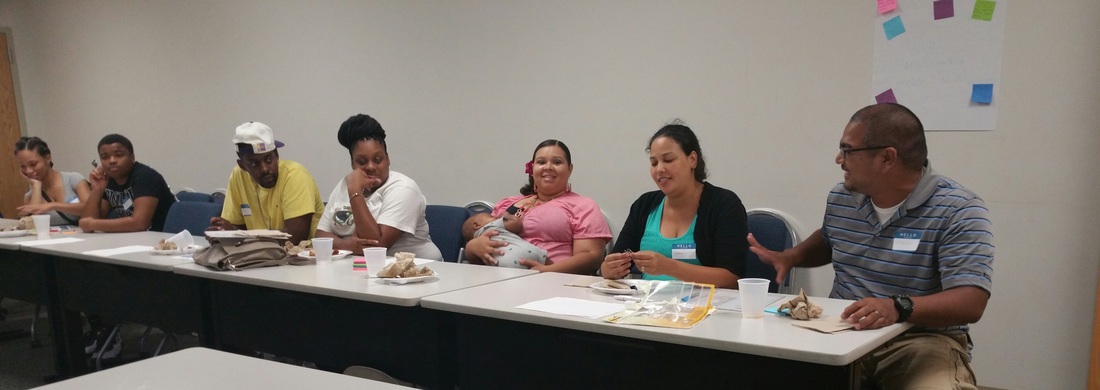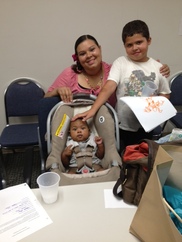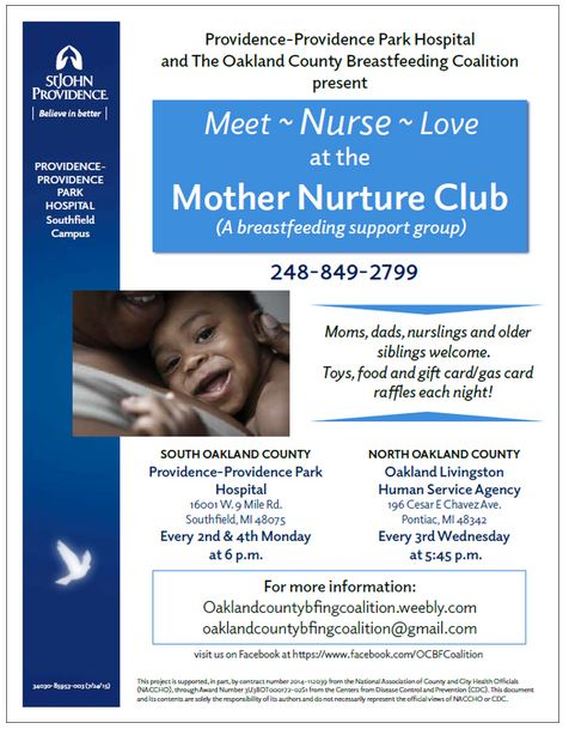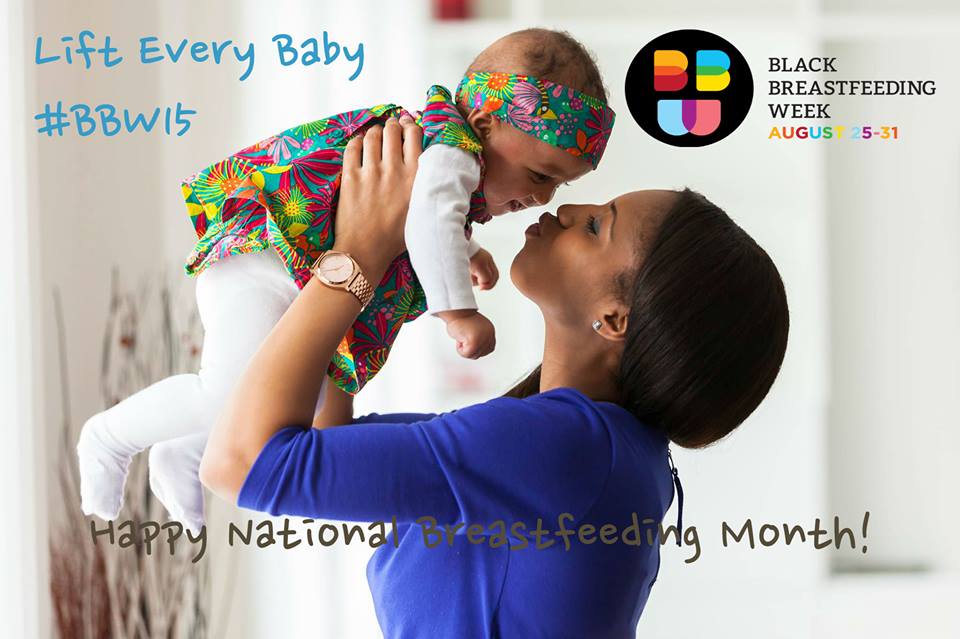1. Make breastfeeding your #1 priority
It is essential that you make breastfeeding, at the breast, your main focus first. You can read my tips for breastfeeding success here. As I mentioned, it takes about 6 weeks for your milk supply to stabilize. Establishing a healthy milk supply is crucial and your focus should remain on nursing your baby at the breast according to your baby’s cues during this time period. Don’t worry about pumping yet, and don’t worry about having baby practice with a bottle, there is really no need for that. The more you nurse your baby, the more milk your body will make. In these early weeks, you want to avoid pumping to “build a stash” of milk. If you are pumping while home with your baby and nursing your baby you will tell your body to make more milk than you actually need. Then, upon returning to work, you are much more likely to experience plugged ducts and increase the potential of mastitis from having an oversupply of milk.
2. The week before you go back to work.
Now that breastfeeding is going well and your milk supply is well established, it’s time to start thinking about pumping. This is your time to really get to know your pump, how to use it, and make sure it fits you properly. Once or twice a day, go ahead and practice with your pump and store any of the milk you get out. Keep in mind, how much you are pumping is not an indicator of how much milk you are making. There are many factors that can affect your pumping output. (That’s why you’re reading this article, right?) Babies are very effective milk drinkers, and pumps are less so. When you are pumping milk while you are home with your baby, you are likely to get less milk while pumping than when you are away from your baby. Keeping this in mind, remember your main goal is to practice, practice, practice! You really only need enough milk for the first day that you are away from your baby. Which would roughly be 8-12oz. You can get that much milk in a week!!!
3. Getting the right pump and the right fit.
There are so many pumps! Which one should you choose? Choosing a pump is a very personal matter. Breast pumps can be expensive, so you want to be sure to get one that will work well for you and really make pumping easier. I highly suggest using a brand that has excellent customer service and replacement parts are easily located. Medela and Ameda are both popular brands, with excellent customer service. You can find replacement parts for Medela at most big box stores and also medical supply stores like Binsons. Ameda parts are sold at medical supply stores as well. You also want a pump that is electric and you can pump from both sides at once, aka double electric. Avoid pumps that are manufactured by formula companies, as they are not made well and typically have poor suction. Check the warranty on the pump you would like to purchase as well. This is an indicator of how long the pumps are meant to last. Pumps are meant to be single use and their motors are typically only fully functional for about the first year or so.
After you have your breast pump it is important to make sure that you know how to use it and even more important that it is fitting you properly. When I support breastfeeding mothers, I always offer to do a pump fitting for them. Pumps come with one size parts, and breasts are not all one size fits all. More often than not the parts that came with the pump are not the right size.
4. Maximizing output and minimizing time.
There are a few simple techniques you can utilize to make pumping faster and more efficient; hormone manipulation, massage, breast compressions, and hand expression. First things first, get yourself comfortable and relaxed. Your milk let down relies on those happy hormones your body releases when you experience something pleasurable- like holding your baby or thinking about something that makes you happy. Associating pleasure with pumping will help your body relax and let that milk down! So, while you’re pumping look at pictures or videos of your baby, eat a piece of chocolate, drink a cup of tea, or daydream about taking a vacation somewhere. Anything that gives you the warm fuzzies will be helpful when you are pumping. If you’re worrying about pumping or how much milk your body is putting out, then you are releasing stress hormones and this will inhibit your let down. Second, once your pump is all hooked up and you’re ready to go, use breast massage and compressions to help your milk get moving. Start by massaging your breasts by gently kneading, then compress or squeeze them gently. This will help get the milk stored deep in your breast to come out more easily and quickly. You can use both of these techniques while your pump is running. (Having a hands free pumping bra makes this easier too!) Lastly, at the very end of your pumping session, utilize hand expression to get those last bits of milk from your breasts. There is a bit of a learning curve to proper hand expression, but once mastered it is a very fast and effective way to remove milk from the breast. It also comes in very handy in situations where power isn’t accessible or if you (heaven forbid) forget your breast pump! Hand expressing for a few minutes at the end of your pumping session may help you get that last ounce of milk from your breasts that your pump just couldn’t get.
5. How much milk will I need?
Many times moms find themselves very worried over how much milk they need for their babies, and like we discussed before, that leads to triggering a stress response in your body and inhibits milk supply. Having confidence that you are pumping enough milk for your baby will help you succeed. I love this calculator for determining how much milk you will need while you are away from your baby. Being aware of appropriate amounts of milk and baby’s tummy size will help you, and your care provider, understand how much and when it’s appropriate to feed your baby your expressed milk. There are lots of great phone apps out there to help moms keep track of pumping. I highly recommend this one. Using a paced method of bottle feeding and continuing to follow baby’s feeding cues is crucial too. Sometimes babies are unintentionally over fed when a care provider doesn’t understand how to bottle feed a baby, or if they are unfamiliar with a breastfed baby’s feeding cues. It is highly discouraging to hear from your provider that you need to provide them with more milk because they are misinterpreting your baby’s cues. So please, make sure your care provider is on board with both of these. How much milk you continue to make while you are pumping at work will also be affected by how often you are pumping. It is important to pump every 3 hours. You need to keep your breasts stimulated during your work day to help maintain your milk supply when you are away from your baby.
6. Making it all happen.
Now that you have mastered techniques of using your pump it is time to have a conversation with your employer about your plan to pump when you return to work. One of the biggest hurdles you may face is finding an adequate space and the time while you’re working to pump your milk. Thankfully, there is a federal law set in place called “Break Time for Nursing Mothers” which requires employers to provide reasonable break time for an employee to express breast milk for her nursing child for one year after the child’s birth each time such employee has need to express the milk. Employers are also required to provide a place, other than a bathroom, that is shielded from view and free from intrusion from coworkers and the public, which may be used by an employee to express breast milk. You can read more about it here. When you plan to have the discussion about pumping with your employer make sure they are aware of this law. They cannot discriminate against you for needing to express milk for your baby. It may be helpful during your conversation to give your employer some information about why it is important for them to allow you this time. It is important for your health that you are able to have the time that you need to pump. If pumping sessions are missed you could become engorged and experience plugged ducts and a breast infection called Mastitis which would lead to you needing to take time off of work. Furthermore, breastfed babies are normal, healthy babies. If you’re not given adequate time to pump at work, it will affect your milk supply, leading to supplementing your baby. This will then affect the overall health of your child and lead to your needing to take more time off of work to stay home with a sick baby. How could your employer deny this logic?
Courageous women and breastfeeding advocates are making big changes for you and future breastfeeding mothers, not only in the workplace, but in everyday life. It is my vision that our daughters will not face the same obstacles that we have faced as nursing mothers. One day I would like to see every employer be breastfeeding friendly and go above and beyond to accommodate the needs of their breastfeeding employees. Some great things have been put in motion by organizations such as the Oakland County Breastfeeding Coalition. Last month, the Coalition, along with the Oakland County Health Division, announced the Breastfeeding Friendly Place Awards in order to promote working and breastfeeding during National Breastfeeding Month. In October, the Coalition will be offering a free conference, with guest speaker Barbara Robertson of the Breastfeeding Center of Ann Arbor, for mothers who are planning to return to work and pump. You don’t want to miss out on this exciting opportunity!
Using these techniques will really help you be successful with breastfeeding when you return to work. Instead of becoming one of those 80% of women you will be lowering this statistic and paving the way for other mothers in the future. Use these tips and find support from other mother’s who have been there. Most importantly, know that you can do this! You’ve got this momma!

Kelly Doresi is a CAPPA Certified Lactation Educator (CLE). Breastfeeding and family bonding is her passion. Kelly loves sharing her passion and empowering families in her community. She is happily married and currently tandem nursing her two sons ages 2.5 years and 6 weeks. She teaches breastfeeding classes in her community, supports moms during pregnancy and postpartum with breastfeeding, works in a breastfeeding clinic three days a week, and is working towards becoming an International Board Certified Lactation Consultant. It’s a lot, and she loves every minute of it. Supporting breastfeeding families is her passion! Kelly is always available for breastfeeding support either in person, by phone or email. You can reach her here.








 RSS Feed
RSS Feed
